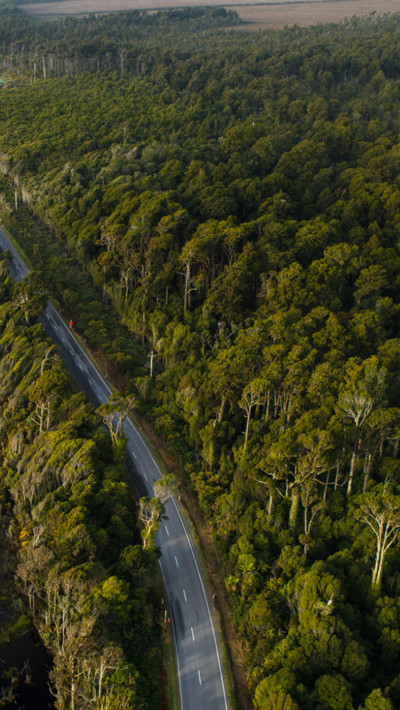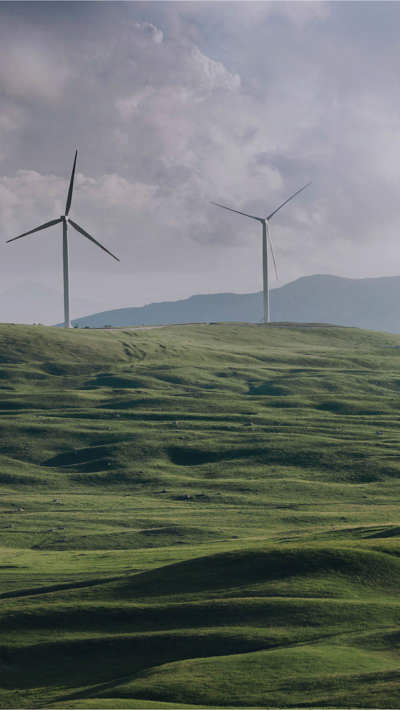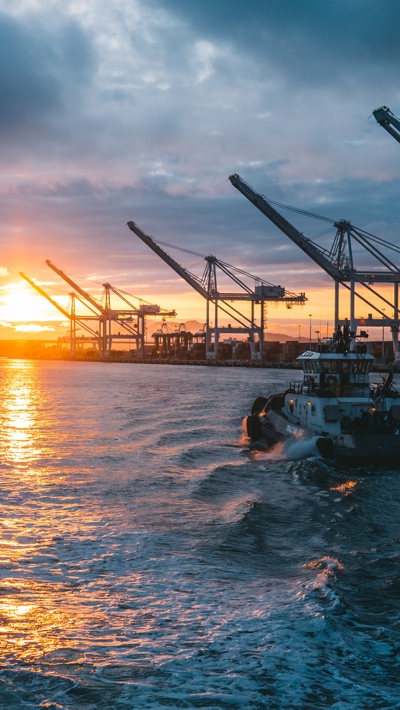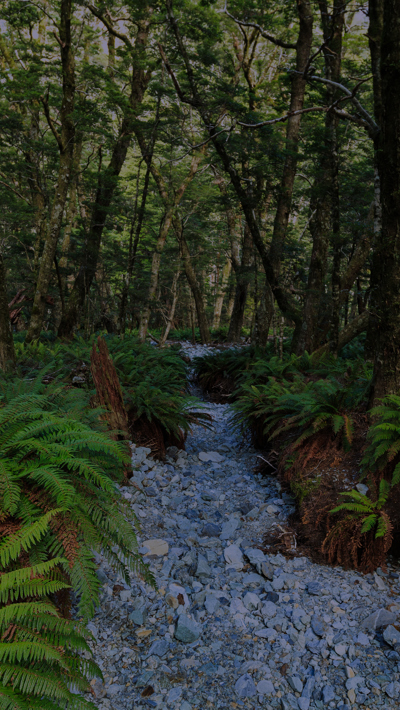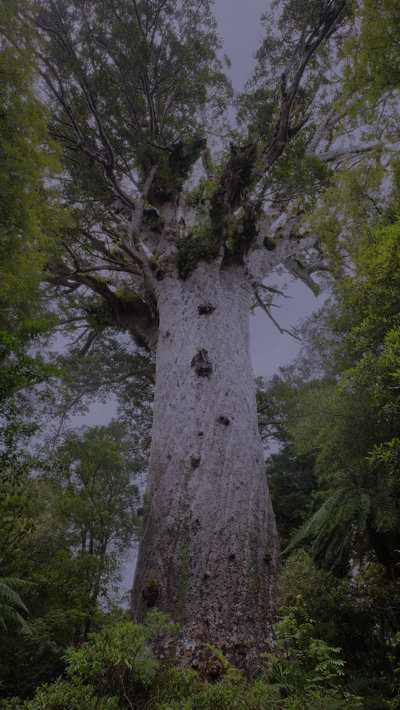Contents
The Supreme Court today, in a highly anticipated judgment,1 has unanimously allowed plantiff Mr Mike Smith to proceed with his climate change challenge against seven New Zealand corporates in a standard High Court trial.
It has overruled the Court of Appeal’s 2022 decision, which unanimously struck out all three of the claims as being legally untenable.
The claim is being widely reported and will result in queries at board level. Clients should understand that today's judgment has only determined whether the defendants had met the high threshold to permit the Court to strike out the claim.
The Court considered that this test had not been met, emphasising in doing so that its refusal to strike out the claim “is not a commentary on whether or not the claim will ultimately succeed”.
Chapman Tripp continues to act for three of the corporate defendants in the proceedings and accordingly we confine our comments to a short summary of the decision.
The claim
Mike Smith (the climate change spokesperson for the Iwi Chairs Forum) initiated proceedings in the High Court in 2020. He claims the seven defendants knowingly emit greenhouse gases (GHGs) or participate in product supply chains that result in the release GHGs for profit.
Mr Smith contends that these activities ultimately cause and will cause damage to his whenua, and sites of cultural and historical significance for him and his whānau.
Mr Smith formulated his claim around three causes of action:
- Public Nuisance: Claim that the GHG emissions associated with the defendants' businesses constitute an actionable public nuisance.
- Negligence: Claim that the defendants are in continuing breach of an alleged duty to take reasonable care not to operate their businesses in a way that contributes to climate change.
- New Tort: Claim that the Court should impose a proposed new tort involving a legal duty to cease materially contributing to damage to the climate system and the adverse effects of climate change.
Mr Smith asserts that tikanga Māori should inform the traditional legal tests for negligence and public nuisance, that tikanga might allow the development of the proposed new tort, and that tikanga might inform or remove the traditional requirement that a plaintiff must suffer ‘special damage’ suffered over and above the general public in order to be able to sue in public nuisance.
Mr Smith is seeking a declaration that the emission of GHGs (to some extent at least) is unlawful, that the defendants must achieve net zero emissions by 2050 (with a peaking of their emissions in 2025 and interim specific percentage reductions by the end of 2030 and 2040), and/or a suspended injunction requiring the defendants to cease their emissions altogether (and thereby cease their activities).
The decision
In effect, today's judgment preserves essentially all of the questions that were live in the High Court for further determination following trial. The Court notes that this is a strike-out decision and that in this context the Court is unable to make any definitive rulings. This includes as to causation, the substantiality and unreasonableness of any interference with Mr Smith’s rights, and any appropriate remedy.
The Court noted that the common law may need to engage in a “quantum leap” to address the all-embracing challenge of climate change. The Court recognised that Parliament could also take a different view if the common law’s response “proved flawed” – that is, if the courts are viewed as going too far.
Mr Smith can now continue his proceedings in the High Court under all three causes of action. Mr Smith will need to present evidence to support his claims, and the defendants will have the opportunity to contest those claims at trial.
1. Smith v Fonterra & Orrs [2024] NZSC 5
Chapman Tripp has the leading climate change and ESG practice in New Zealand. In addition to taking a leading role in the Smith climate change litigation, our team is at the forefront of climate change law, policy and strategy. Our team includes climate change experts in a range of practice areas including litigation, finance, corporate disclosures, regulatory compliance and reform. More information about our Climate, Sustainability and ESG practice and work is available here.

















